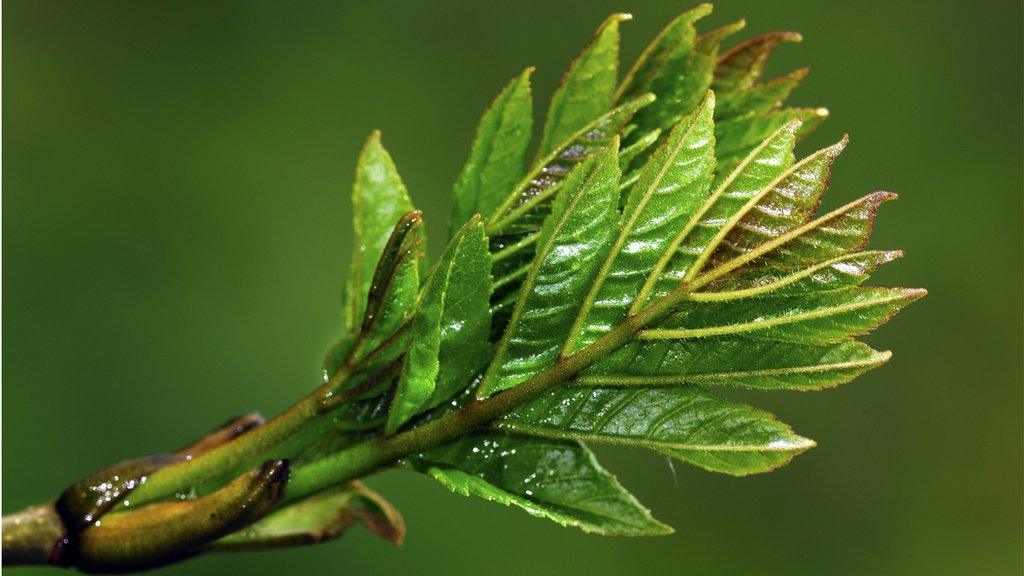Ash dieback: Seed orchards could help species recover sooner
- Published
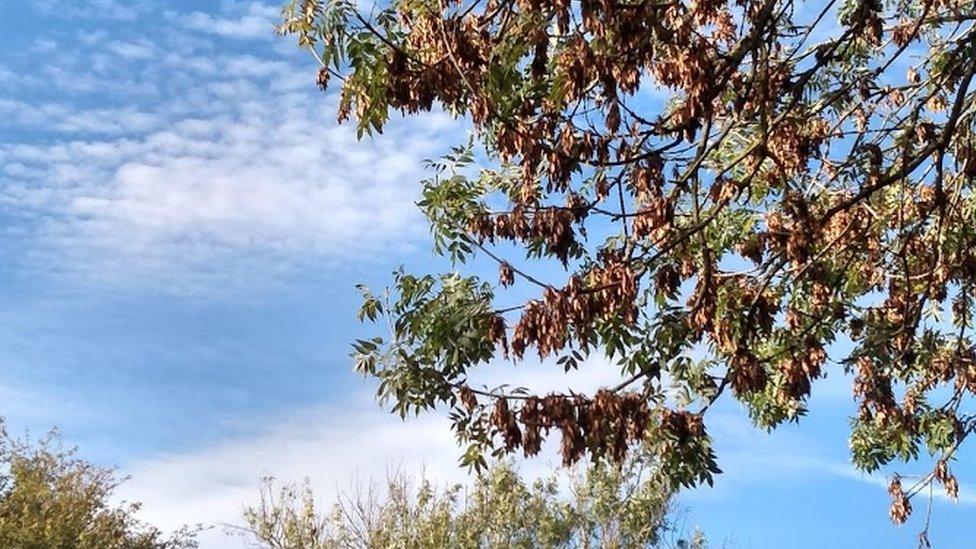
An ash tree in Norfolk affected by the dieback fungus which turns the leaves brown usually causing the whole tree to die
Scientists researching a deadly ash fungus believe creating a seed orchard could help trees recover "in decades" instead of centuries.
Prof James Brown, from the John Innes Centre in Norwich, said planting resistant seeds over three generations would help the species come back in greater numbers.
Ash dieback was first recorded in the UK in 2012.
The Forestry Commission said it was "encouraging natural regeneration".
Chalara, which causes leaf loss and crown dieback, was first found in Poland in 1992 and arrived in Britain via wind-borne spores and imported plants.
It was found on three species of tree related to the ash at Westonbirt Arboretum in Gloucestershire in August.
In 2016, research suggested the species could be wiped out in Europe because of the fungus, and also an invasive beetle called the emerald ash borer.
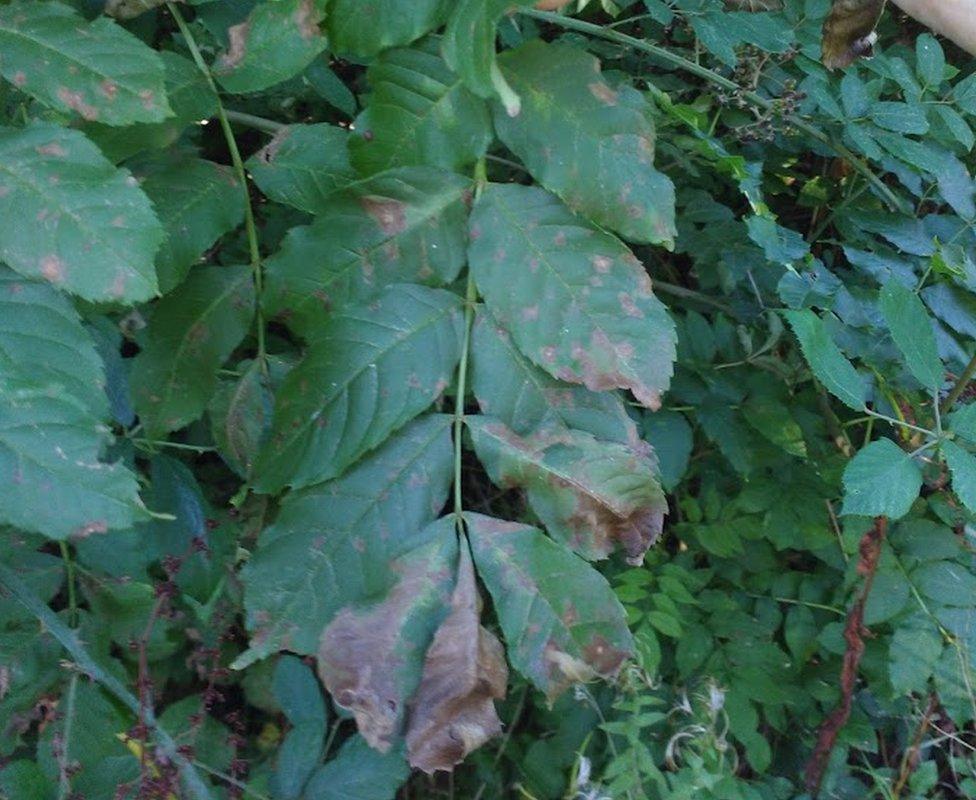
A leaf of an ash in Colchester with early symptoms of dieback
In 2016, scientists from the Nornex project discovered "Betty", an ash tree resistant to dieback, external, growing alongside diseased trees near Norwich.
Since then, Prof Brown has identified more healthy ash growing alongside infected trees throughout Norfolk, which he says indicates some ash as having genetic resistance to dieback.
He advocates planting an orchard, using seeds from these dieback-resistant specimens, which would provide a healthy population of ash more quickly than if it was left to nature.
He said this orchard could then be a resource for planting new ash in 20-30 years.
"It would see the species recover in several decades instead of several hundred years or longer," said Prof Brown.
'Rules should change'
However, EU rules prevents the movement of plants and seed between sites, with the aim of preventing the spread of the disease.
Prof Brown said: "But research in Sweden has found no evidence that ash dieback can be spread on seed.
"The rules should change and we should be encouraging the replanting of ash using seed from healthy trees."
The Forestry Commission confirmed that a Plant Health Order "prohibits all imports and internal movement of ash seeds, plants and trees".
"This is to reduce the risk of new strains of ash dieback being introduced into the UK and blighting our European ash species," a spokeswoman said.
"We do, however, encourage natural regeneration [tree growth from fallen seeds] as the preferred method of replacing ash trees."
The professor said negotiations were under way to find a suitable site in Norfolk to plant resistant seed.
- Published7 August 2018
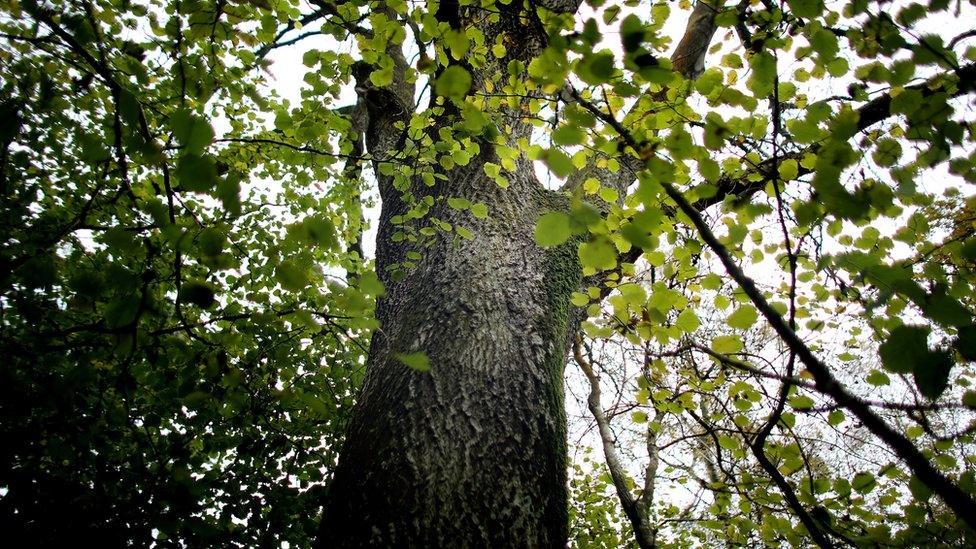
- Published22 April 2016
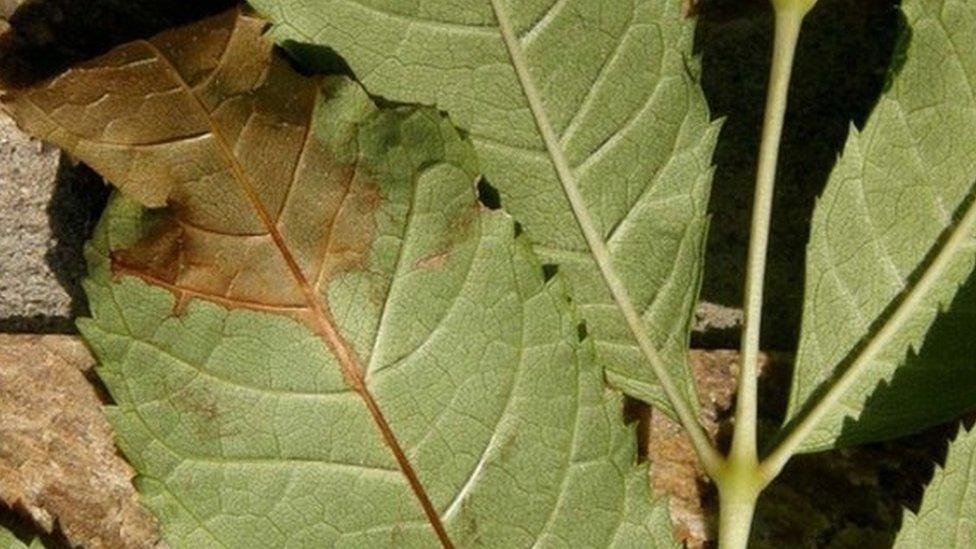
- Published23 March 2016
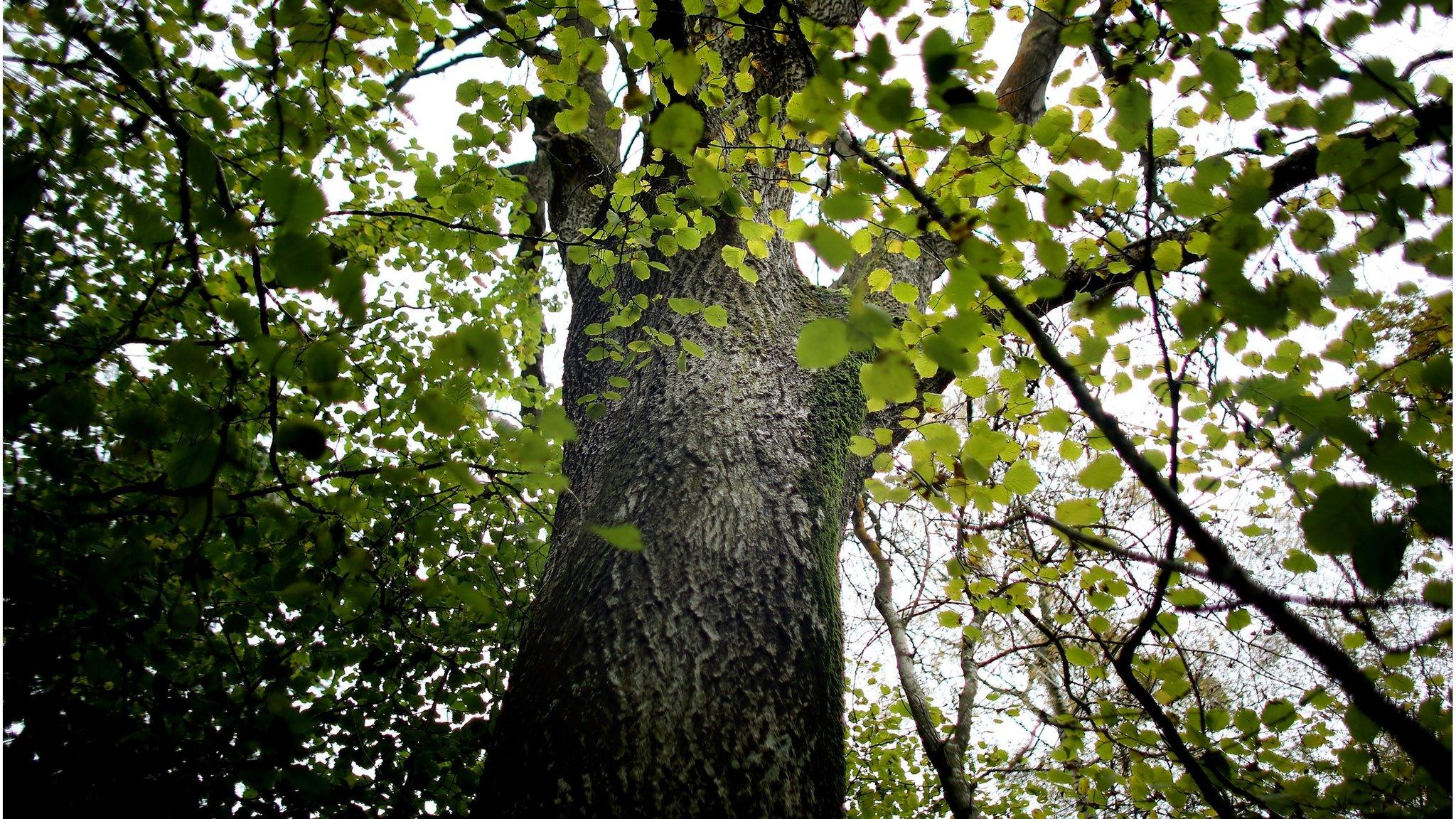
- Published26 October 2012
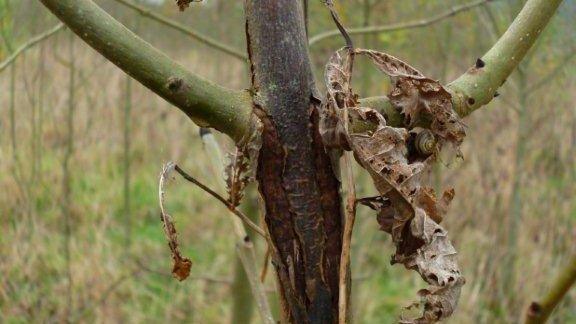
- Published25 October 2012
